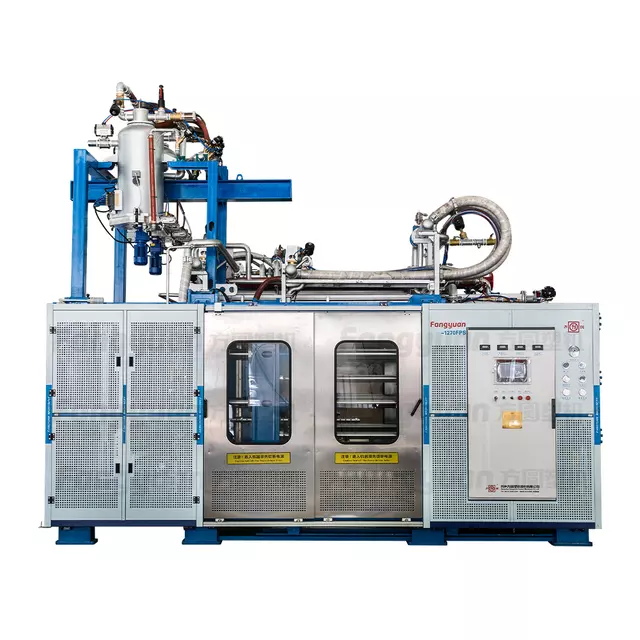Navigating international markets can be a complex process when dealing with export regulations, especially in the case of advanced technologies such as ETPU machines. However, with proper preparation and understanding of these regulations, businesses can streamline their operations and expand globally.
ETPU (EthyleneTybutone) is a thermoplastic elastomer that has gained popularity due to its unique properties. It offers excellent wear resistance, flexibility, and durability, making it ideal for various applications in automotive, sports goods, and consumer electronics industries.
When exporting ETPU machines, it's essential to comply with export regulations to avoid import bans or tariffs. These regulations vary by country and may require specific documentation, such as CE marking or RoHS compliance. Failure to comply can result in legal issues and financial penalties.
To navigate this complex landscape, businesses need to consult with experts who specialize in international trade laws and regulations. They should also stay updated on the latest changes in these regulations to ensure they remain compliant.

In addition to regulatory compliance, businesses must also consider marketspecific considerations when exporting ETPU machines. Understanding local customs, trade agreements, and cultural differences can help them tailor their products and marketing strategies effectively.
By carefully planning and implementing export regulations, businesses can maximize their sales opportunities and expand their global footprint without encountering significant obstacles. With the right approach, navigating international markets for ETPU machines becomes a seamless process that benefits both domestic and international businesses alike.
For more information on export regulations and how to navigate them successfully, please contact our team of experienced professionals. Together, we can help your business achieve its goals and grow globally.
























 QQ
QQ